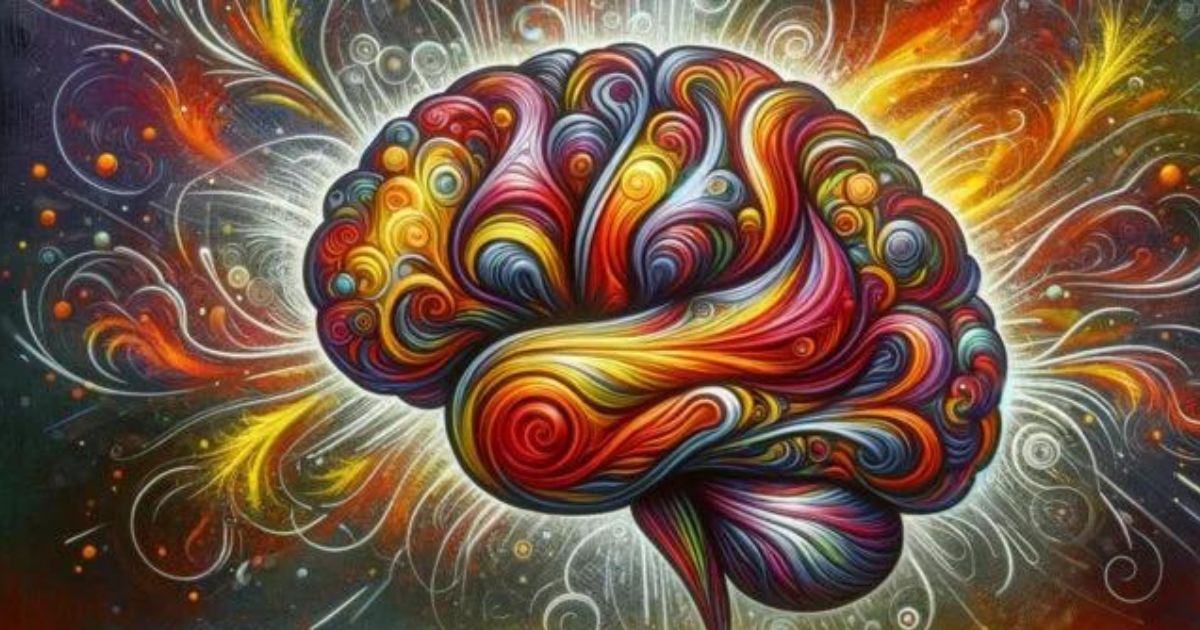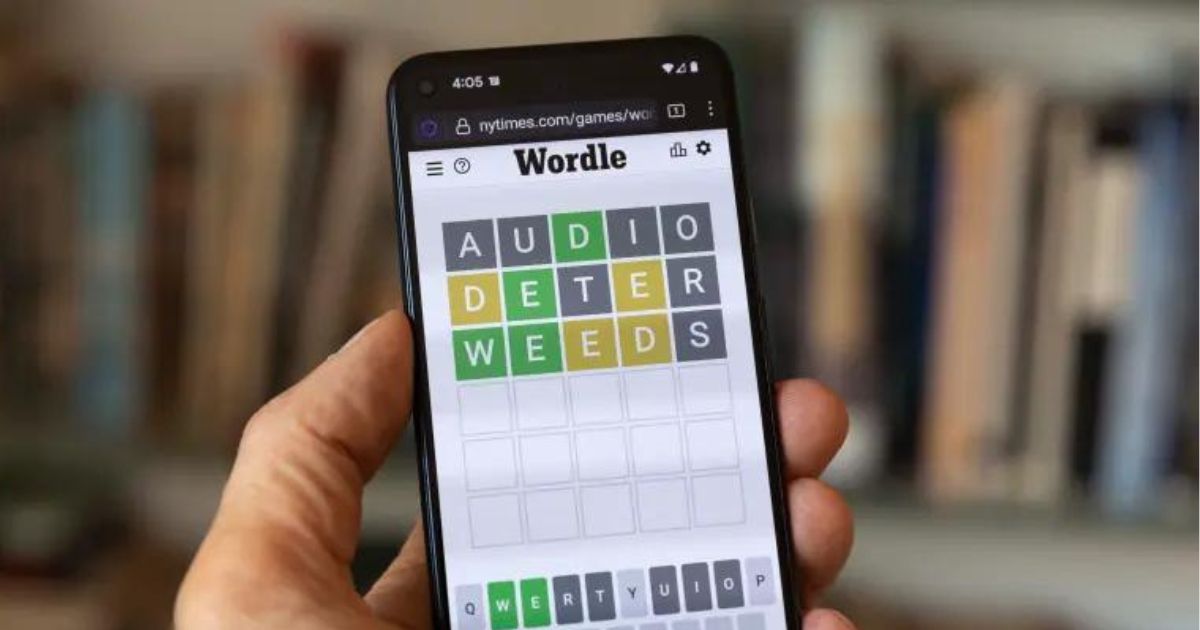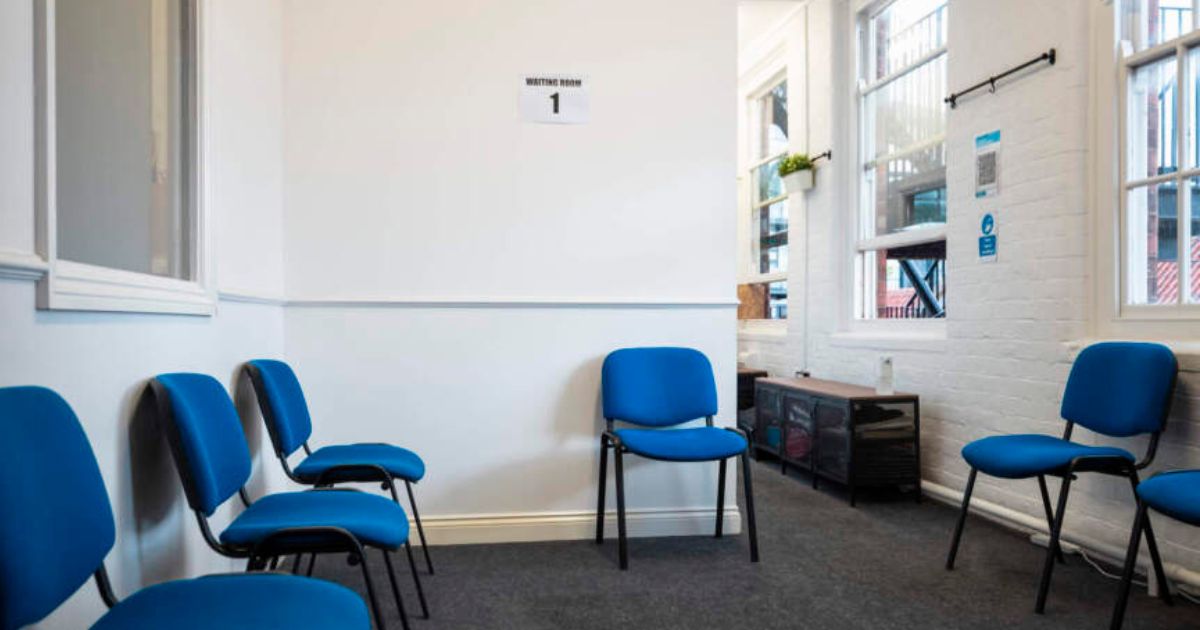In a recent publication in BMC Psychiatry, psychiatrists shed light on a distressing case of internet-induced erotomania, a rare delusional disorder, brought on by online romance fraud. The case study underscores the psychological risks associated with digital interactions, particularly for individuals with preexisting vulnerabilities.
Erotomania, also known as de Clérambault’s syndrome, manifests as a persistent delusional belief that someone, usually of higher social status, is in love with the individual experiencing the delusion, despite minimal or no interaction between them.
This condition, recognized in major psychiatric classifications, reflects a profound misinterpretation of social cues and often leads to one-sided and obsessive pursuits of the perceived admirer.
Case of Internet-Induced Erotomania
The case study centers on a 70-year-old married woman from Hungary who became ensnared in an online romance scam, plunging her into psychological distress and near tragedy. Initially expressing admiration for a musician’s work on social media, her involvement quickly escalated into a deep emotional connection with someone she believed to be the musician himself.
Over more than a year, the scammer, posing as the musician, manipulated and deceived the woman, leading her to believe in a romantic relationship. This deception resulted in personal and financial sacrifices on her part, causing family conflicts and culminating in a serious suicide attempt when her husband intervened.
The patient’s vulnerability to exploitation stemmed from a history of feeling neglected, and isolated, having depressive moods, and a lack of significant relationships outside of her marriage. Compounded by various health issues and mild cognitive impairment, her susceptibility to delusional beliefs was heightened.
Upon admission to a psychiatric department following her suicide attempt, a thorough evaluation revealed the complex factors contributing to her condition. The diagnosis of erotomanic delusion induced by online romance fraud posed a significant treatment challenge.
Treatment for the patient was comprehensive, involving psychopharmacological intervention alongside individual and group therapy. Central to her recovery was the gradual realization of the fraudulent nature of the online relationship and the processing of associated emotional trauma. Therapeutic interactions aimed to resolve marital conflicts exacerbated by the scam.
The case emphasizes the importance of early recognition and intervention in internet-induced erotomania cases. With the widespread availability of digital communication and sophisticated online fraud tactics, individuals with existing vulnerabilities are at heightened risk of falling victim to such deceptive practices, leading to severe psychological consequences.
The psychiatrists involved stress the need for increased awareness and understanding of the psychological risks associated with online romance fraud, particularly among those with preexisting mental health conditions.
Monitoring the online activity of such individuals, especially those with specific risk factors, is crucial to prevent victimization. Identifying personality traits and psychopathological symptoms that elevate the risk of victimization is essential for effective intervention and prevention efforts.








Leave a Reply
You must be logged in to post a comment.